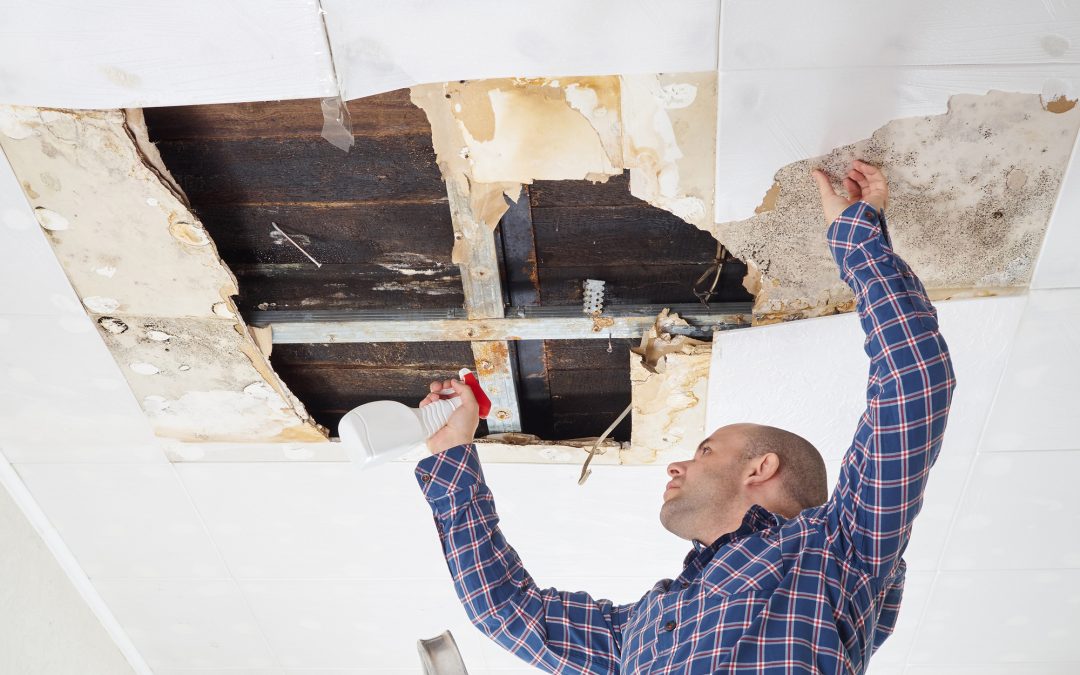There are few living organisms on this planet as hardy as mold. It can grow almost anywhere given a small amount of moisture and lack of sunlight. Therefore, it shouldn’t surprise you that nearly 50 percent of houses in the U.S. have mold lurking somewhere beneath the surface.
Mold is a type of fungus that reproduces when exposed to water through the means of airborne spores. These spores can be threatening to your health. The mold itself can be threatening to your home.
Keep reading for a quick look at why you should be testing for mold in your home sooner rather later.
Your Family’s Health
As noted above, mold spreads and grows by tiny particles called spores becoming airborne and planting themselves in other areas or locations. This growth can occur on nearly any surface, as long as it’s not in direct sunlight.
While many homes do have instances of mold hiding beneath surfaces or even in plain sight, it’s most often non-toxic and in small enough amounts that humans are unaffected. However, that’s not to say testing for mold is unwarranted or that the existence of it shouldn’t be eradicated immediately.
Mold affects a person’s health on individual levels. The level at which it affects someone depends on their allergies, immune system, and how much time they spend in or around spaces contaminated with mold.
Less severe symptoms include coughing, sneezing, and headaches. However, these can lead to more intense respiratory illness symptoms such as asthma, wheezing, shortness of breath, and chest tightness.
Various types of mold can be found in the home but none of them are as hazardous or infamous as black mold or Stachybotrys chartarum. However, while precautions should be taken around black mold, no official studies have exclusively determined the extent of it’s danger to human health.
Your Home’s Structural Integrity
Regardless of what studies have been released about the various forms of mold, one thing is certain – you don’t want it growing in your Florida home. Testing for mold is crucial to ensuring your family is living in a safe environment.
Mold growth, by nature, is destructive to whatever surface it’s on. While mold can only grow in the presence of moisture, it must also feed off of organic material. This organic matter can be found in walls, flooring, and of course, the structural wooden supports of your home.
As mold feeds on the material, it breaks it down over time, making it weaker. The longer the mold infestation is allowed to go on, the worse the damage will be.
Your Home’s Resale Value
Finally, because mold carries such a high risk to people’s health and to a building’s structural integrity, its presence can severely devalue your home.
If, for example, you were trying to sell your home and the home inspector found mold, it would be a major red flag to the buyer and the buyer’s lender. The entire sale would likely be put on hold until professionals testing for mold gave the “all clear.” This includes having the mold completely eradicated from the house.
If you were selling as-is, a mold infestation could possibly devalue the home by tens of thousands of dollars.
Should You Be Testing for Mold?
As an Orlando homeowner, testing for mold is your responsibility. This is especially important if you’ve experienced any leaks, floods, damaged appliances (that use water), etc.
Don’t assume there’s nothing to worry about. Mold hides beneath floors, behind walls, and everywhere else we rarely look. Contact us today for an elite mold inspection to ensure your family’s safety and your home’s integrity.

